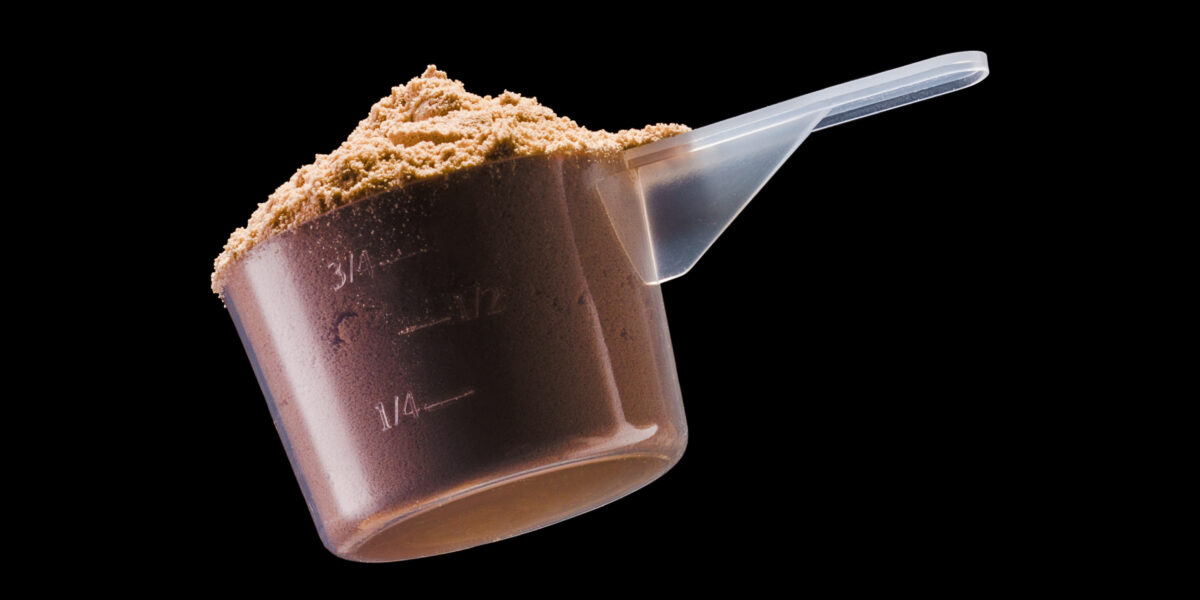Protein and Athletic Performance
Protein plays a crucial role in athletic performance, and its importance extends beyond just building and repairing muscles. Here are several reasons why good protein intake is essential for athletes:
Muscle Building and Repair
Protein is a fundamental building block for muscle tissue. Engaging in physical activities, especially strength training and endurance exercises, leads to the breakdown of muscle proteins. Adequate protein intake helps in repairing and rebuilding these muscles, promoting muscle growth and recovery.
Enhanced Muscle Strength and Power
Athletes require strong and powerful muscles to excel in their respective sports. Protein contributes to the development of muscle strength and power, which is essential for activities such as lifting, jumping, and explosive movements.
Improved Endurance
Protein is involved in the repair of tissues, including those in the cardiovascular system. This can contribute to improved endurance, helping athletes sustain physical efforts for longer durations.
Optimal Immune Function
Regular intense training can suppress the immune system temporarily, making athletes more susceptible to illnesses. Protein is essential for the production of antibodies and immune cells, contributing to a robust immune system and reducing the risk of infections.
Recovery After Exercise
Physical activity induces muscle fatigue and micro-tears. Protein intake post-exercise helps in replenishing glycogen stores, reducing muscle soreness, and accelerating recovery. This is crucial for athletes who engage in frequent and intense training sessions.
Maintenance of Lean Body Mass
Athletes often focus on maintaining a lean body composition, which involves minimizing body fat while preserving lean muscle mass. Protein helps in this regard by providing the necessary nutrients for muscle maintenance while supporting fat loss.
Appetite Regulation and Weight Management
Protein has a satiating effect, helping athletes feel fuller for longer periods. This can be beneficial for those aiming to manage their weight or body composition, as it may reduce overall calorie intake by controlling appetite.
Nutrient Transport and Oxygenation
Proteins are involved in the transport of nutrients and oxygen to various cells, including muscle cells. Efficient nutrient transport ensures that muscles receive the necessary nutrients and oxygen during exercise, optimizing performance.
Hormone Production
Proteins play a role in the production of hormones, including those related to muscle growth, metabolism, and stress response. Hormonal balance is crucial for optimal athletic performance.
Quality and Source of Protein
It’s important for athletes to consider both the quality and source of proteins in their diet to meet their specific needs based on the type, intensity, and frequency of their training. Individual protein requirements can vary, and consulting with a nutritionist or sports dietitian can help tailor protein intake to an athlete’s specific goals and circumstances.
For a deeper dive into the role protein plays in athletic performance, as well as every day physiology, here’s a link to Thorne’s Take 5 article, Protein 101.
https://www.thorne.com/take-5-daily/article/protein-101-consider-the-quality-as-well-as-the-source
Why I choose Thorne
Training as an elite athlete takes a toll on your body. Being able to prepare, train and recover every day throughout the year requires making sure that your body is getting all the right nutrition and supplementation. With Thorne, you know are getting one of the highest quality and cleanest, science-backed products available from one of the most trusted brands in the business.
To check out Thorne’s great products, visit my Thorne storefront at:


